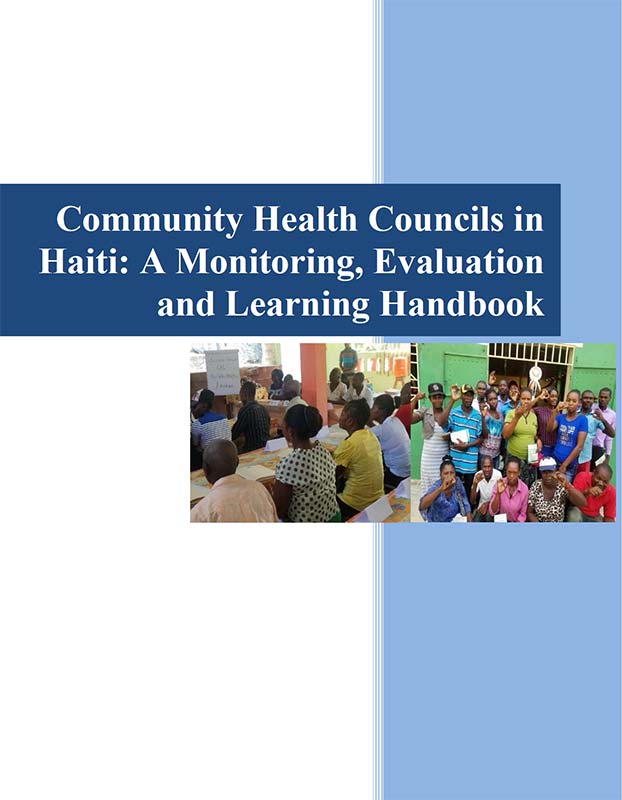Hispaniola Initiative
The Carter Center's Hispaniola Initiative works with the ministries of health in Haiti and the Dominican Republic to eliminate malaria and lymphatic filariasis from the countries' shared island, Hispaniola.
Malaria is a potentially fatal mosquito-borne parasitic disease, widespread in tropical and subtropical regions. Transmitted by female Anopheles mosquitoes, malaria parasites inhabit and destroy a person's red blood cells following an initial 10- to 14-day developmental period in the liver. Symptoms include fever, intense headaches, vomiting, body-shaking chills, and other flu-like symptoms.
Without treatment, malaria can lead to anemia, hypoglycemia, cerebral malaria, coma, and death.
A leading cause of permanent and long-term disability worldwide, lymphatic filariasis is caused by thin worms transmitted to humans by the bites of mosquitoes in tropical and subtropical regions. These worms cause damage to the lymphatic system, resulting in fluid collection in the tissues (most commonly the legs and genitalia), severe swelling, and periodic fevers from bacterial infections of the collected fluids.
A long-standing infection with lymphatic filariasis results in an irreversible condition called elephantiasis, in which hardened, enlarged skin resembles elephant skin.
Malaria currently kills approximately 400,000 people each year, mostly children, with about 228 million cases of the disease reported worldwide. Approximately 120 million people are infected by lymphatic filariasis, with more than 1.1 billion in 72 countries at risk of infection.
Hispaniola, however, remains the only island in the Caribbean that has not yet eliminated malaria. It also accounts for approximately 95% of the lymphatic filariasis burden in the Western Hemisphere. In 2010, nearly 87,000 cases of malaria were reported on the island of Hispaniola (total population approximately 22 million). Haiti accounted for 97% of those cases.
Most areas within Haiti remain at risk for malaria and lymphatic filariasis transmission. In the Dominican Republic, malaria used to occur in areas along the border with Haiti and in rural areas with high concentrations of migrant laborers. However, urban and peri-urban transmission in the capital, Santo Domingo, now accounts for the majority of cases.
The Carter Center began its work in Haiti and the Dominican Republic after a 2006 recommendation of the Carter Center-sponsored International Task Force for Disease Eradication (ITFDE) that concluded elimination of malaria and lymphatic filariasis from Hispaniola was "technically feasible, medically desirable, and would be economically beneficial" to both countries.
Since 2008, the Carter Center's Hispaniola Initiative has assisted both countries' ministries of health by strengthening binational cooperation, providing technical assistance for elimination of both diseases, and helping to integrate activities between the countries' malaria and lymphatic filariasis programs. This includes support for lymphatic filariasis surveys, mass drug administration to interrupt lymphatic filariasis transmission, and malaria surveillance. The Carter Center also leads community engagement efforts to promote and deliver anti-malaria interventions to affected communities.
With assistance from The Carter Center, the nations' health officials established a cross-border pilot project in 2008 to target malaria in Ouanaminthe, Haiti (pop. 92,000), and Dajabón, Dominican Republic (pop. 27,000). The project included purchase and distribution of insecticide-treated bed nets; provision of laboratory supplies, motorbikes, and other equipment; and training for health staff. The Haitian and Dominican Ministries were awarded the Malaria Champion in the Americas Award in 2017 for their commitment to this project.
[Learn more about the Hispaniola Initiative from 2008-2012]
In 2009, Haiti and the Dominican Republic produced, with Carter Center assistance, a binational plan to eliminate the two diseases from Hispaniola by 2020, and since 2012, the Center has supported quarterly binational meetings to promote coordinated elimination activities.
There were 10,951 confirmed malaria cases reported on Hispaniola in 2021, representing an 87.4% decrease since 2010, indicating that the national programs are achieving success against malaria. For lymphatic filariasis, 100% of districts in the Dominican Republic and 86% of districts in Haiti have met criteria to stop mass drug administration.
Please sign up below for important news about the work of The Carter Center and special event invitations.
Malaria and lymphatic filariasis are costly economic burdens, as both diseases are caused by — and create — additional poverty.
Meet people whose lives have been changed by the Carter Center's Hispaniola Initiative.

Community Health Councils in Haiti: A Monitoring, Evaluation and Learning Handbook »
Conseils de Santé Communautaire en Haïti: Un Manuel d’Apprentissage, Suivi, et Evaluation »
Community Health Councils (CHC): An Implementation Manual for Community Engagement and Malaria Elimination in Haiti Suggested »